Today, India and the world will be celebrating the 150th birth anniversary of Bharat Ratna Sardar Vallabhbhai Jhaverbhai Patel, the first Deputy Prime Minister and Home Minister of independent India. Patel, the monumental lawyer, philosopher, scholar, statesman and political leader, universally known as the “Iron Man of India” or “Bismarck of India”, was born on 31 October 1875 in Nadiad, Gujarat, famous for the iconic Shri Swaminarayan Temple built in 1824.
He passed his Matriculation examination from the Nadiad High School in 1897 at the age of 22. As Patel had neither the money nor the time to spend on a proper legal education in a law college, he opted for a shortcut route to become a District Pleader. Patel stayed away from his family, studying tirelessly on his own with books borrowed from his lawyer friends and attending privately conducted Gokhale law classes.
He passed the District Pleader’s Examination within two years with flying colours. He joined the Bar in 1900 at Godhra and proudly displayed a nameplate reading “Vallabhbhai J Patel, District Pleader, Godhra”. Within an incredibly short time, Patel earned an enviable reputation as a firebrand and skilled lawyer who sent cold shivers down the spines of the police prosecution.
In 1902, Patel shifted to Borsad. When he found a British Sub-Judge holding court without wearing his gown, he declared fearlessly, “As the Hon’ble Judge is not properly dressed, this seems to be no court!” The judge instantly apologised. In another historic case, Patel proved that the liquor inside bottles seized from his bootlegger client had turned into “water”.
Ravji Patel, a freedom fighter and contemporary of Patel, chronicled the rare legal skills of Patel in his Gujarati book Hind na Sardar or India’s Chief. When Patel had saved money to go to England, the envelope containing his passport arrived in the name of “VJ Patel” at his brother Vithalbhai’s residence. As a devout Hindu, Patel bowed down to his brother’s wishes and let him go instead, even financing his brother’s education. Towards the fag end of 1908, Patel’s wife, Jhaverba, was admitted to the Cama Hospital in Mumbai for a major operation. Despite the doctors’ best efforts, she passed away on January 11, 1909.
At the moment of her death, Patel was cross-examining a key witness in court. On being handed the telegram announcing her demise, Patel quietly read it, folded it, put it in his pocket and continued his cross-examination until the witness broke down and Patel won the case.
Such was his unshakeable sense of commitment to his clients and his dedication to the legal process. In July 1910, at the age of 36, Patel sailed for England. Two months after his arrival, he enrolled at the Middle Temple Inn in London, where Mahatma Gandhi had also studied. It was a coincidence that Nehru, younger than Patel by 14 years, joined the Inner Temple Inn in the same year, though they never met.
Patel studied relentlessly for 11 hours every day and passed his Bar-at-Law examinations on June 7, 1912, obtaining a First Class First that earned him the coveted prize of £50. On January 27, 1913, he was called to the Bar in the majestic Middle Temple Hall. Returning to India on February 13, 1913, Patel settled in Ahmedabad and rose to become one of the city’s most sought-after barristers.
According to his biographer, Narhari D Parikh, he exhibited “a thorough mastery of facts, proper and correct estimate of the opponent’s points and line of attack, and a carefully planned defence and attack.”
During 1913-1917, Patel earned a phenomenal monthly income of INR 40,000. In 1915, Patel came into contact with Gandhi at the Gujarat Political Conference in Godhra and became Secretary of the Gujarat Sabha. Patel fought against the draconian veth or “unpaid service” and led relief operations during a plague in famine-struck Kheda. When Gandhi called for a leader for the Kheda Movement, Patel volunteered without hesitation, throwing his lucrative legal career to the wind. Patel threw all his weight behind Gandhi’s Non-Cooperation Movement, recruiting more than 300,000 volunteers and raising over `1.5 million. He publicly burned his English clothes, adopted khadi, and fought against alcoholism, untouchability, and casteism.
Upon the failure of the Round Table Conference in London, Gandhi and Patel were arrested in January 1932 and imprisoned in the Yeravda Central Jail. During their incarceration, Patel and Gandhi grew extremely close, developing an indestructible bond of affection, respect, trust and frankness akin to that between Ramakrishna Paramahansa and Swami Vivekananda.
Patel’s Herculean contribution to the freedom struggle and the unification of India remains unparalleled. In his last Independence Day message, Patel confessed with immense humility, “Looking back at the broad sweep of events since we became free, my predominant feeling is one of thankfulness and relief.”
On December 15, 1950, at 9.37 am, Patel breathed his last after a massive cardiac arrest within the Birla House in Mumbai. Within an hour, Prime Minister Pandit Jawaharlal Nehru paid a moving tribute in Parliament: “He will be remembered as a great captain of our forces in the struggle for freedom and as one who gave us sound advice in times of trouble as well as in moments of victory, as a friend and colleague on whom one could invariably rely, as a tower of strength which revived wavering hearts.”
Patel’s cremation was held at Sonapur (now Marine Lines), where his wife and brother had been cremated earlier. Over one million mourners, including President Dr Rajendra Prasad, Nehru and Governor-General C Rajagopalachari, attended. On December 16, 1950, more than 1,500 officers of India’s civil and police services gathered at Patel’s residence at 1, Aurangzeb Road (now Dr APJ Abdul Kalam Road) in Delhi to pay their last respects to their “Patron Saint” and pledged “complete loyalty and unremitting zeal” to the service of India.
When Patel passed away, he left behind only INR 300 in his bank, four sets of clothes, two pairs of slippers, one spectacle case with a broken handle tied with a string, one charkha, one steel trunk, two tiffin boxes and an aluminium lota. Those were his only worldly possessions. Patel is no more in our midst, but like those long-extinguished stars whose fires still give us light, his fragrant memory will remain long and solid in our hearts, minds and souls, and will continue to inspire generations of Indians to come.
The writer is an internationally reputed senior lawyer practising in the Supreme Court of India







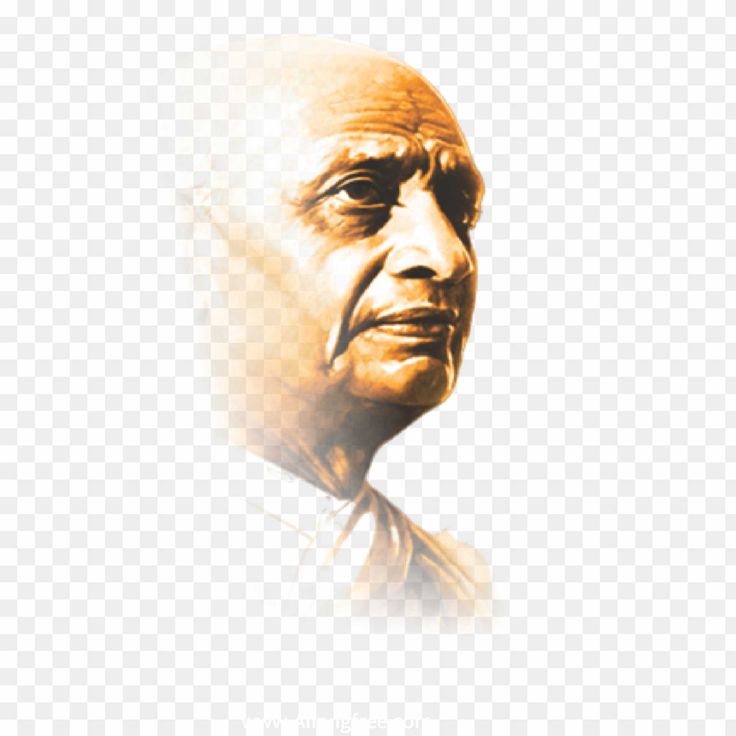
 OpinionExpress.In
OpinionExpress.In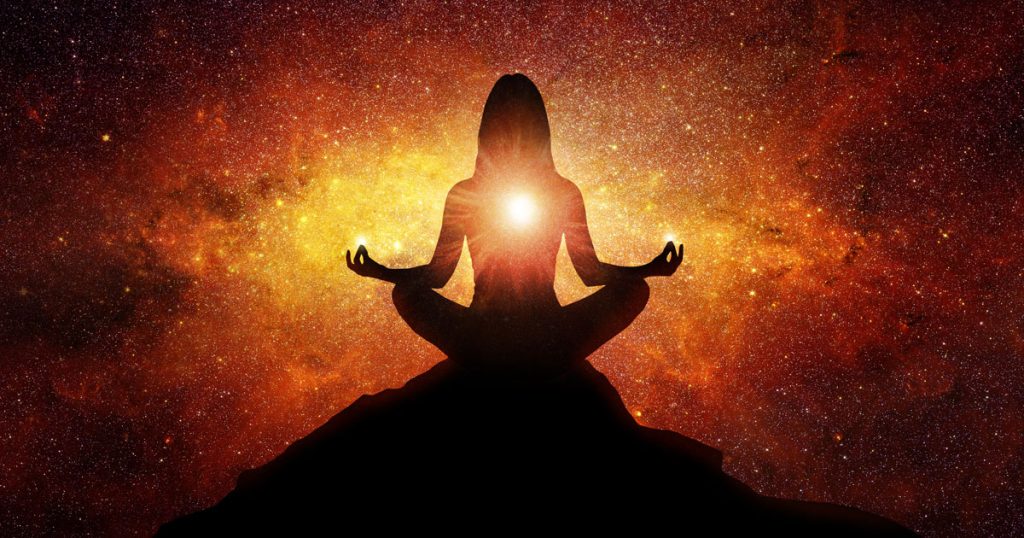
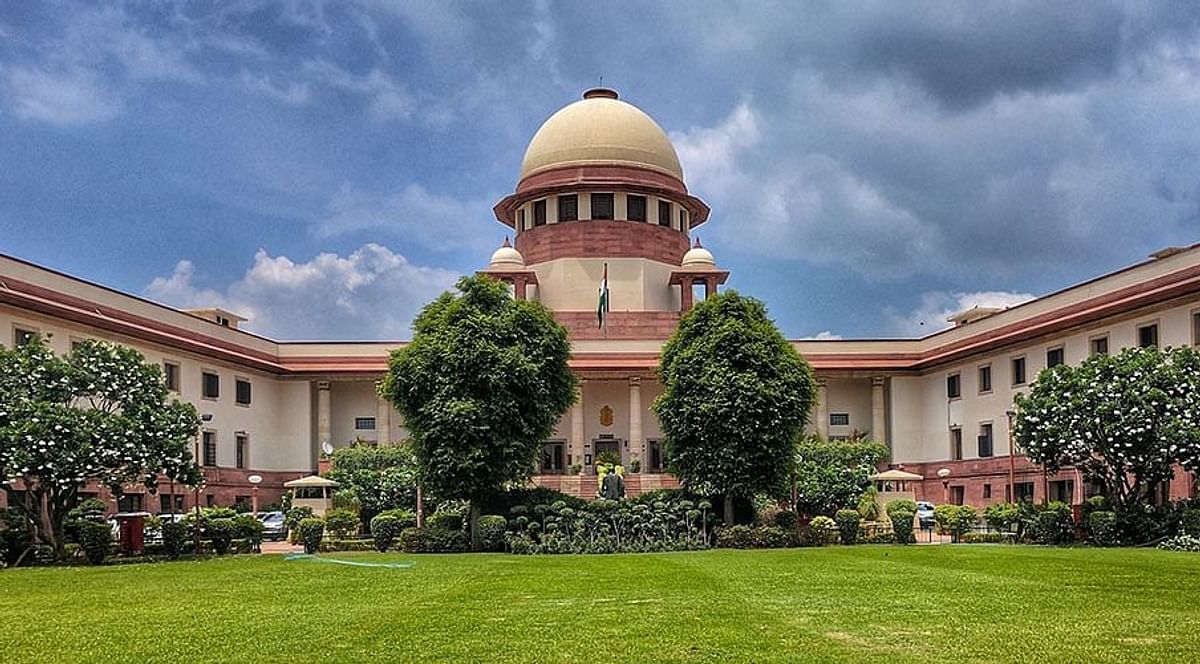
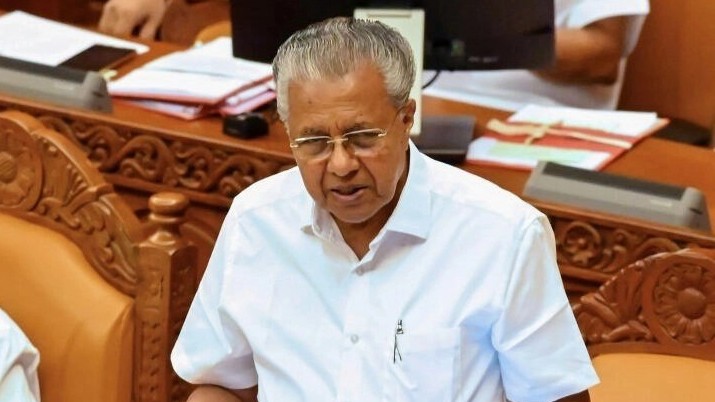
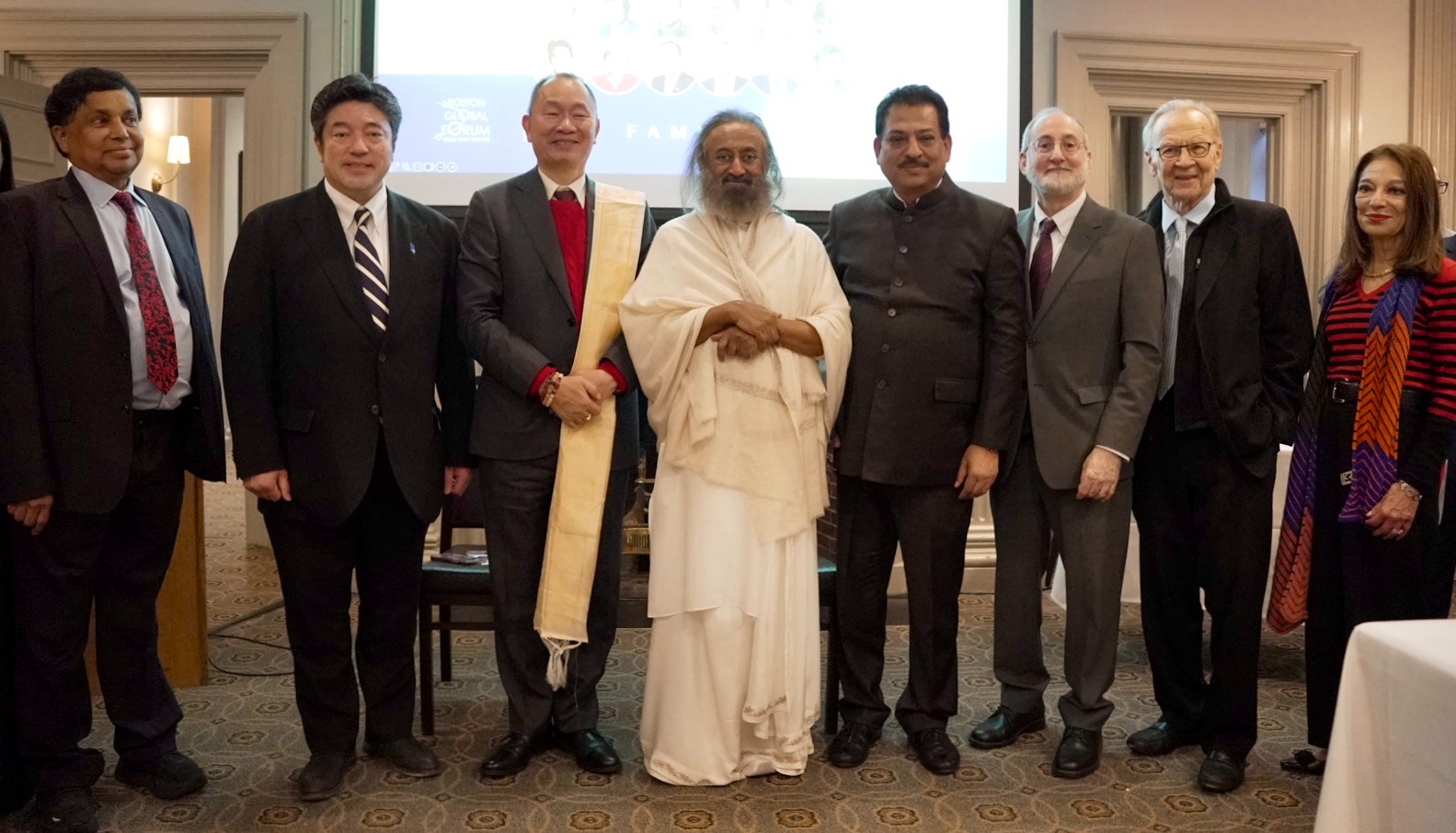

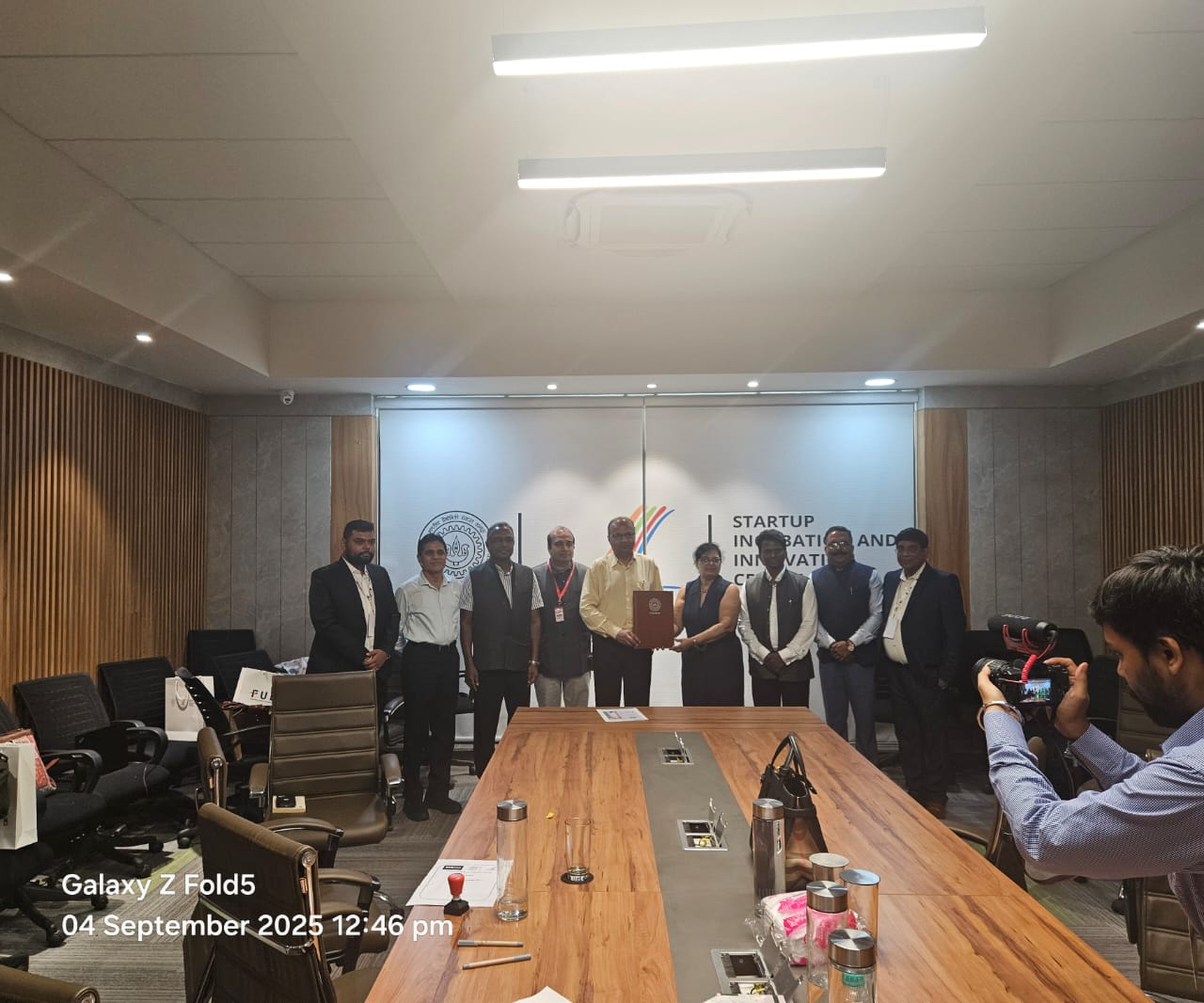
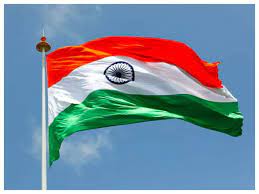
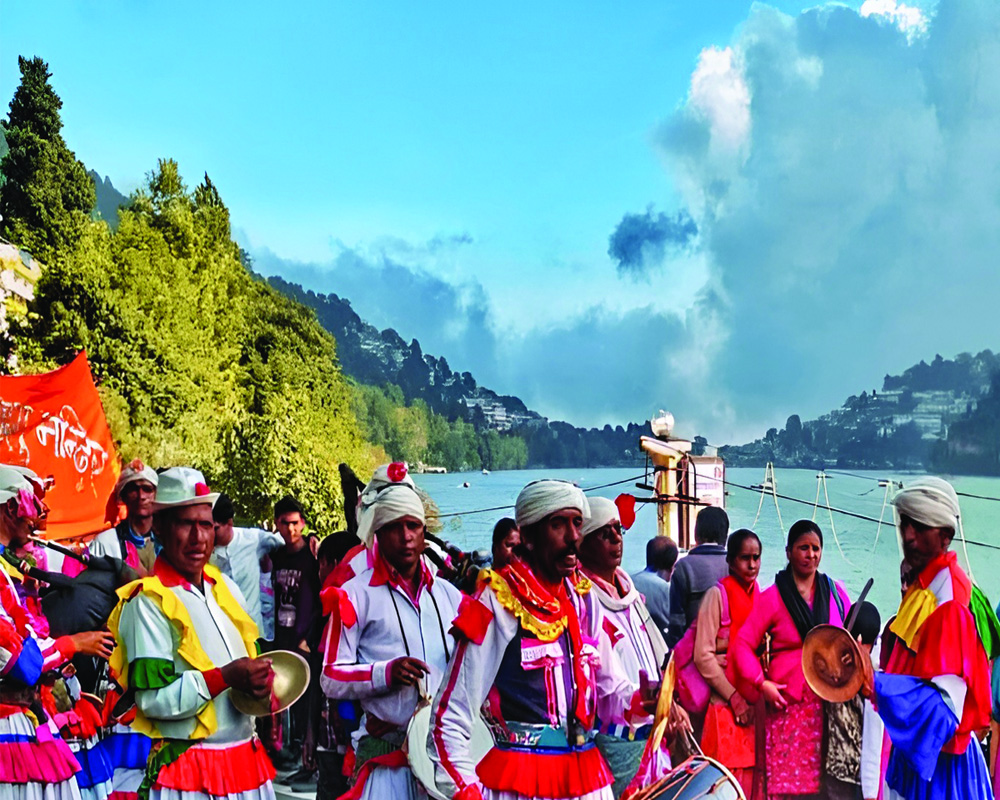








Comments (0)